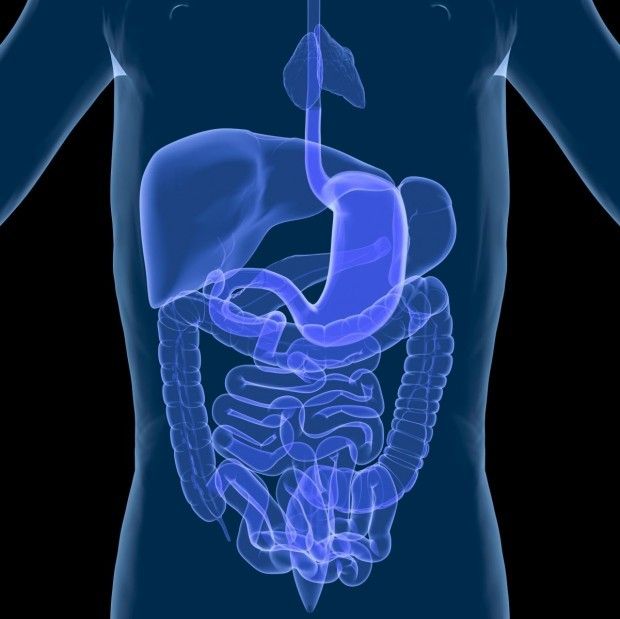Chr. Hansen Expands Probiotics Library with Novel, Next-Gen Strains
The newly added probiotic strains include Faecalibacterium prausnitzii and Eubacterium hallii, two strains that the company says are “widely regarded as primary candidates for next-generation probiotics.”
Photo © iStockphoto.com/David Marchal

Global bioscience company Chr. Hansen A/S (Hørsholm, Denmark) announced that it is expanding its microbial strain library to include new, next-generation strains. The company says that these strains will be used for its internal innovation efforts and will also be made available to external partners and customers “looking to accelerate development of next-generation probiotics.” The newly added probiotic strains include Faecalibacterium prausnitzii and Eubacterium hallii, two strains that the company says are “widely regarded as primary candidates for next-generation probiotics.”
Johan van Hylckama Vlieg, vice president of microbiome and human health innovation at Chr. Hansen, commented on the screening process in a recent press release: “As part of its Nature’s No. 1 strategy, Chr. Hansen has a strategic focus on the human microbiome. We can announce that we are making significant progress in this area. From over 1,000 recently screened strains from the human microbiome, we have identified a subset of 100 that can be developed for a broad array of health indications associated with gastrointestinal, immune, and metabolic health.”
As the company notes, research on the human microbiome is a topic of major interest, with implications for overall human health and disease intervention. The newly added probiotic strains have the potential to help modulate the microbiome.
When selecting which strains to add to its library, the company says it considered factors such as whether or not the strain could be produced on a mass scale in an industrial setting. As the company notes, although many strains are considered ideal for probiotic applications, challenges in cultivation and production have previously prevented commercialization of many strains. The new strains in Chr. Hansen’s collection, it says, have passed safety assessments and are able to be produced and formulated in an industrial setting. Gemma Henderson, senior scientist, Chr. Hansen, explained: “Our safety assessment includes screening for absence of antibiotic resistance and virulence factors. We also looked for their ability to grow in industrial media and sensitivity to oxygen. And we also screened for the ability of strains to impact the immune system.”
The expanded library is the result of a partnership between Chr. Hansen and three academic institutes-the University of Aberdeen (Aberdeen, Scotland), Wageningen University (Wageningen, Netherlands), and the University of Groningen (Groningen, Netherlands). Henderson says that the company’s goal is now to “move these new documented strains from the lab to the clinic.”










